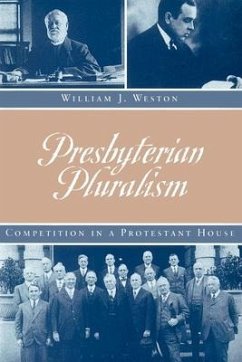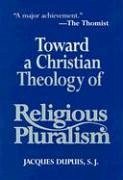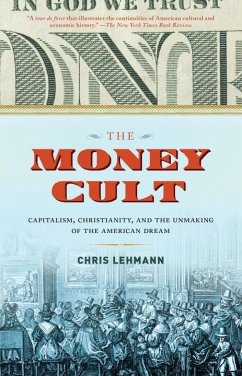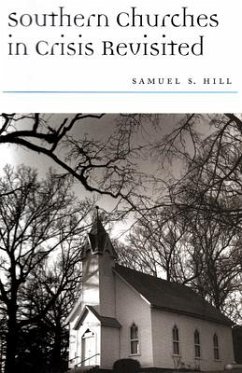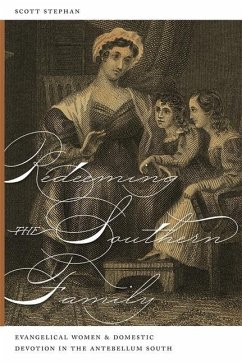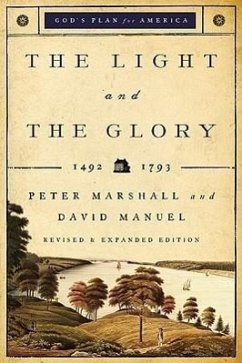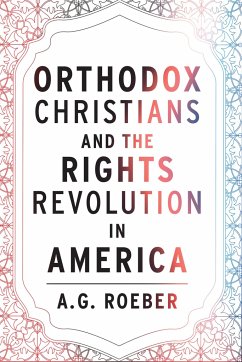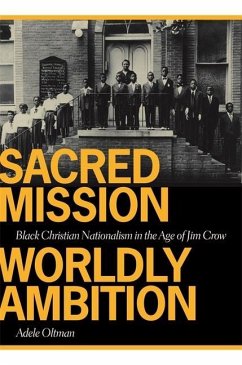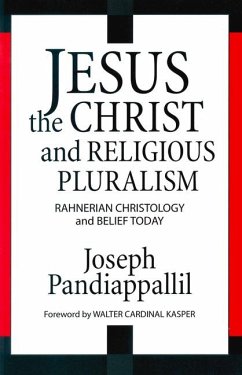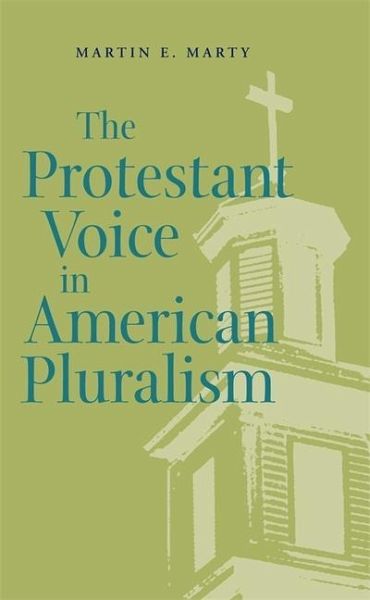
The Protestant Voice in American Pluralism
Versandkostenfrei!
Versandfertig in über 4 Wochen
21,99 €
inkl. MwSt.

PAYBACK Punkte
11 °P sammeln!
For 350 years, Protestantism was the dominant religion in America--and its influence spilled over in many directions into the wider culture. Religious historian Martin E. Marty looks at the factors behind both the long period of Protestant ascendancy in America (initiated by the founding of Jamestown in 1607) and the comparatively recent diffusion and diminution of its authority (first covered in-depth by Will Herberg's 1955 landmark book "Protestant Catholic Jew.) To discover what is particularly "American" about Protestantism in this country, Marty looks at Protestant "creencias, or beliefs ...
For 350 years, Protestantism was the dominant religion in America--and its influence spilled over in many directions into the wider culture. Religious historian Martin E. Marty looks at the factors behind both the long period of Protestant ascendancy in America (initiated by the founding of Jamestown in 1607) and the comparatively recent diffusion and diminution of its authority (first covered in-depth by Will Herberg's 1955 landmark book "Protestant Catholic Jew.) To discover what is particularly "American" about Protestantism in this country, Marty looks at Protestant "creencias, or beliefs that complement or supplement pure doctrine. These include the notion of God as an agent of America's destiny and the impact of the biblical credos of mission, stewardship, and vocation on innumerable nonreligious matters of daily life. Marty also discusses "vigencias, or the binding (though unwritten) customs, of Protestantism. They include the tendencies to interpret matters of faith in market terms and to conflate biblical and enlightenment ideology into "civic faith." Challenges to Protestant hegemony came and went over the centuries, says Mary, but never in such force and to such effect as in the twentieth century. Today, our Protean spirituality is the topic of everything from sermons to bumper stickers. All in all, this is good, reassures Marty, for to debate our spirituality is to sustain the life of a functioning, thinking, believing republic. Those who pine for some golden age of Protestantism are misled by nostalgia or resentment. The real work to be done by Protestants now is to serve, partner, and corporate where they once managed, controlled, and directed.





